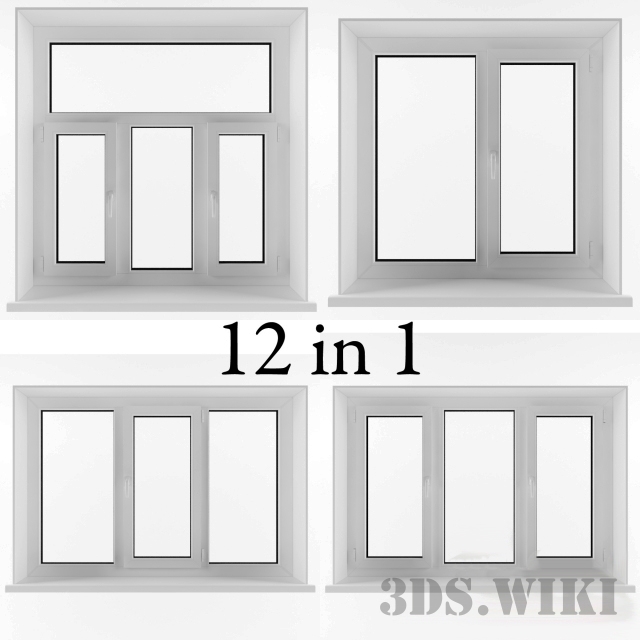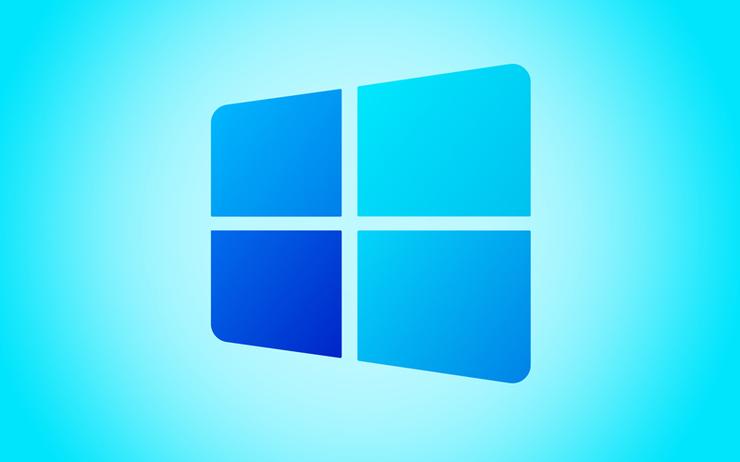



This new approach will have a number of potential benefits: yet another attempt by Microsoft to take on Chromebooks and Google’s Chrome OS in the low-end PC market, while potentially introducing more demanding AI apps into the more powerful upper echelons.Īll this is being targeted at the next version of Windows, apparently code-named Hudson Valley. (A compatibility layer called Neon would help ease older apps into this new scheme, Windows Central reports.) What CorePC would do, apparently, is separate some of that code to make this new modularity approach even easier to implement. Apps like Microsoft Edge, which Microsoft would normally update as feature releases, now have their own development track, too.Īll this points to Microsoft making Windows more modular over time.

But in 2020 Microsoft introduced the Windows Feature Experience Pack, which allowed access to distinct features, and then “ experiences,” which updated some of the core features of Windows outside of the normal update channels. Go back far enough, and Windows was once a giant, holistic thing updated via periodic service packs and feature updates.


 0 kommentar(er)
0 kommentar(er)
